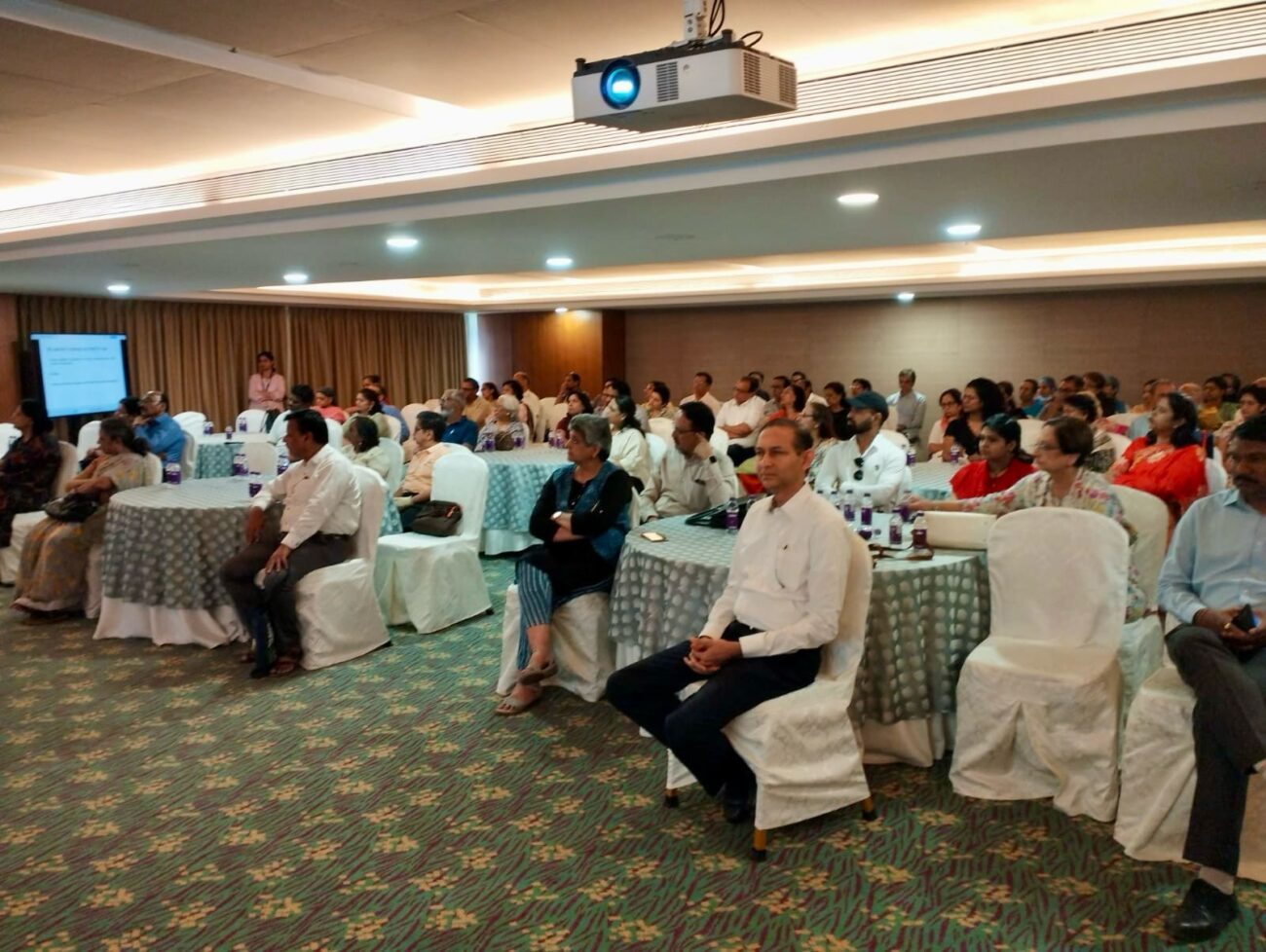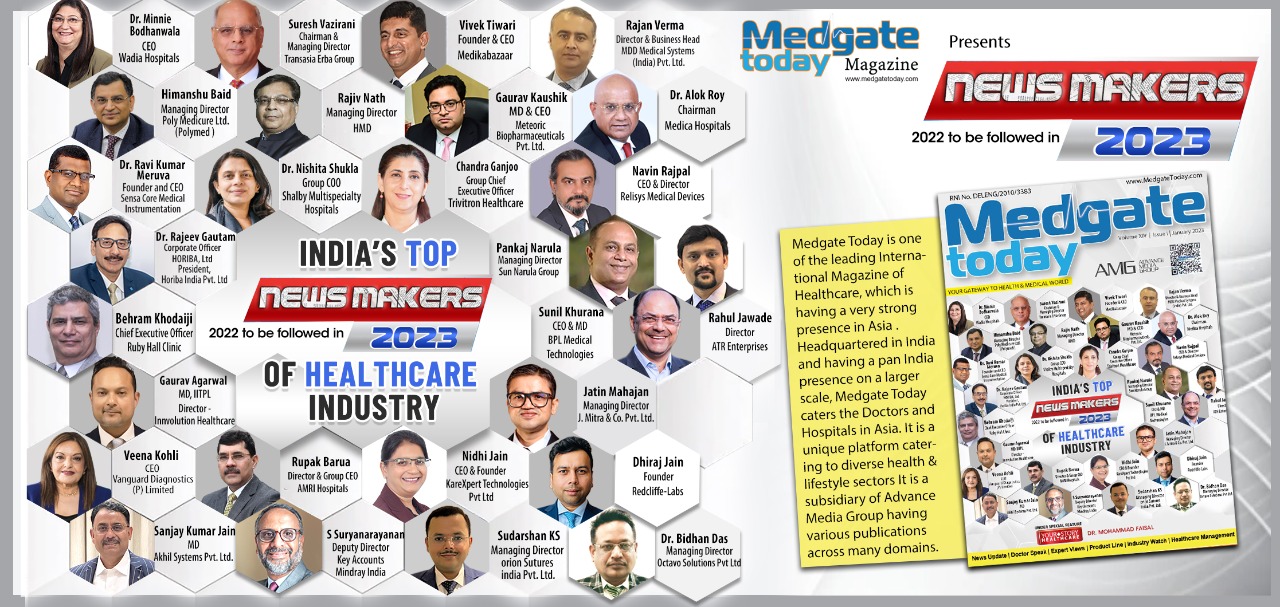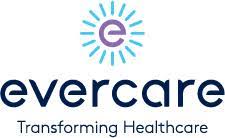IIHMR hosts Panel Discussion on Preventing Adverse Incidents during Medical Care
IIHMR Delhi will promote discussion on Patient Safety in achieving UHC on the 11th of July at its New Delhi campus Every year about 43 million patient safety incidents occur across the globe Every year, medication errors
- IIHMR Delhi will promote discussion on Patient Safety in achieving UHC on the 11th of July at its New Delhi campus
- Every year about 43 million patient safety incidents occur across the globe
- Every year, medication errors cause an estimated loss to society and the global economy, of about USD 42 billion owing to unsafe and poor quality health care
With more than 43 million patient safety incidents occurring throughout the globe every year and the WHO declaring this category one of the most important enablers of Universal Health Coverage, the Indian Institute of Healthcare Management and Research in collaboration with the IAPG, intends to hold a Panel discussion on Patent Safety in achieving Universal Health Coverage on the 11th of July, 2018 at the IIHMR campus, New Delhi, to help prevent adverse healthcare impacts on society.
Patient safety is a critical global public health issue today with WHO estimates proclaiming that 1 out of every 10 patients is harmed while receiving medical care. Most experts accept its role in enabling health systems to achieve effective universal health coverage (UHC). The Tokyo Declaration on Patient Safety, endorsed by participants of the third Global Ministerial Summit on Patient Safety in April 2018, recognizes patient safety as a fundamental component of all health service delivery systems and commits itself to prioritizing this dimension in health policies and programs.
“Each point of the care-giving process contains a degree of in-built unsafety. It has been proved that significant numbers of patients are adversely impacted during treatment which could manifest in the form of permanent injury, increased length of stay in health care facilities, or even death.
Dr. Sanjiv Kumar, Director International Institute of Health Management Research discussed the causes of adverse events in the hospitals. He explained that hospital acquired infection, blood clots, fall of patients and medical errors are the major reasons of adverse events. Some of the other dimensions discussed were the importance of accountability, affordability and accessibility in medical care; safety and regulations of modern medical devices. Overall the discussion was fruitful and the consensus was to adopt a patient centric approach.
Every year, medication errors cause an estimated loss to society and the global economy, of about USD 42 billion owing to unsafe and poor quality health care, and most of these losses are avoidable. Patient harm is now estimated to be the 14th leading cause of the global disease burden. Unsafe care results in a debilitating overhead on patients and their families, health care systems and society at large. Unsafe medication practices and medication errors represent the leading cause of injury and avoidable harm in health care systems across the world.
The Ministry of Health and Family Welfare of the Government of India, has recognized the importance of patient safety in achieving the goals of Universal Health Care and other related UN SDGs. It released the National Patient Safety Implementation Framework (2018-2025) in May this year. The framework and strategic objectives of this vision document recognizes patients and patient organizations as key stakeholders.
IIHMR’s panel discussion will bring together policy-makers, experts, patients’ networks, NGOs, civil society and provides an opportunity to review the underlying systemic issues affecting patient safety, share experiences in addressing barriers and creating solutions to strengthen systems and improve practices.
Adds Dr. Ratna Devi, Founder Indian Alliance Of Patient Group and Board Member Indian Alliance of Patient Organizations, “introduced all the participants and explained the need of putting the patient in the center of any discussion on patient safety.”
The expected outcomes of the panel discussion are to create a stakeholder group with patients and experts to support the government in its initiatives and to identify opportunities for patient organizations to engage in patient safety initiatives.





